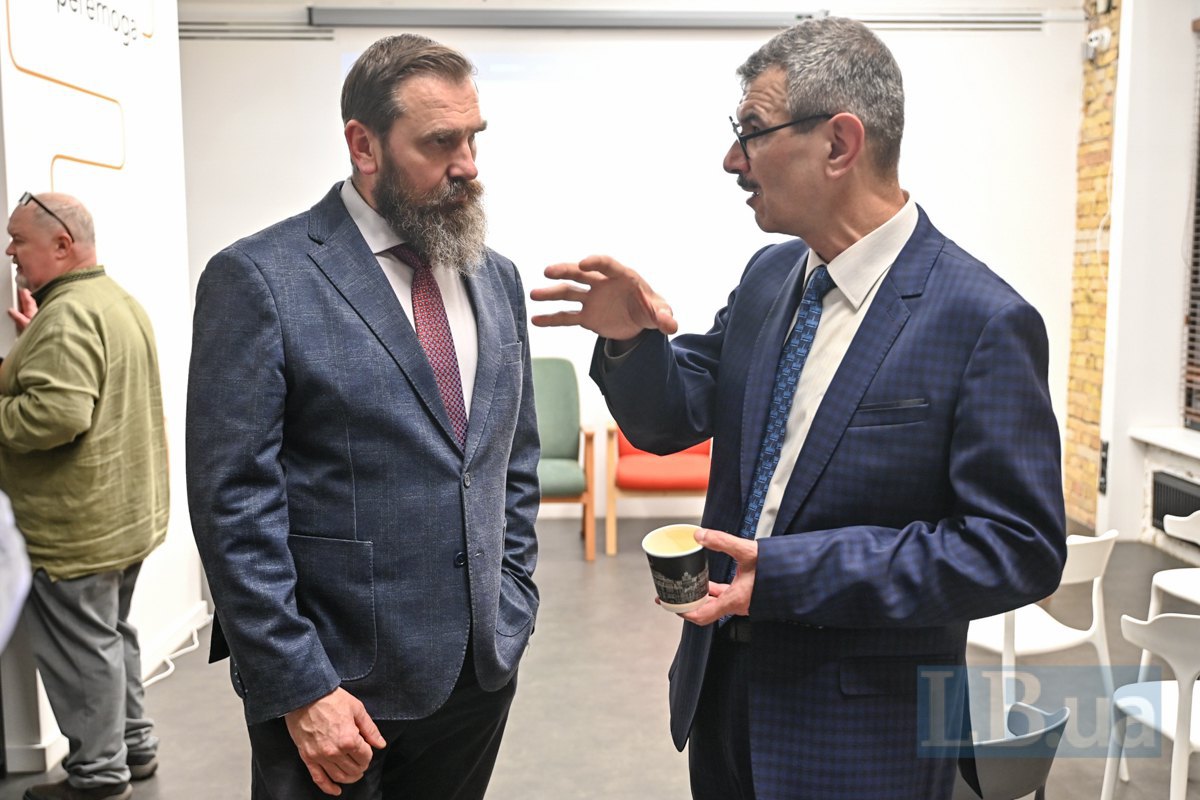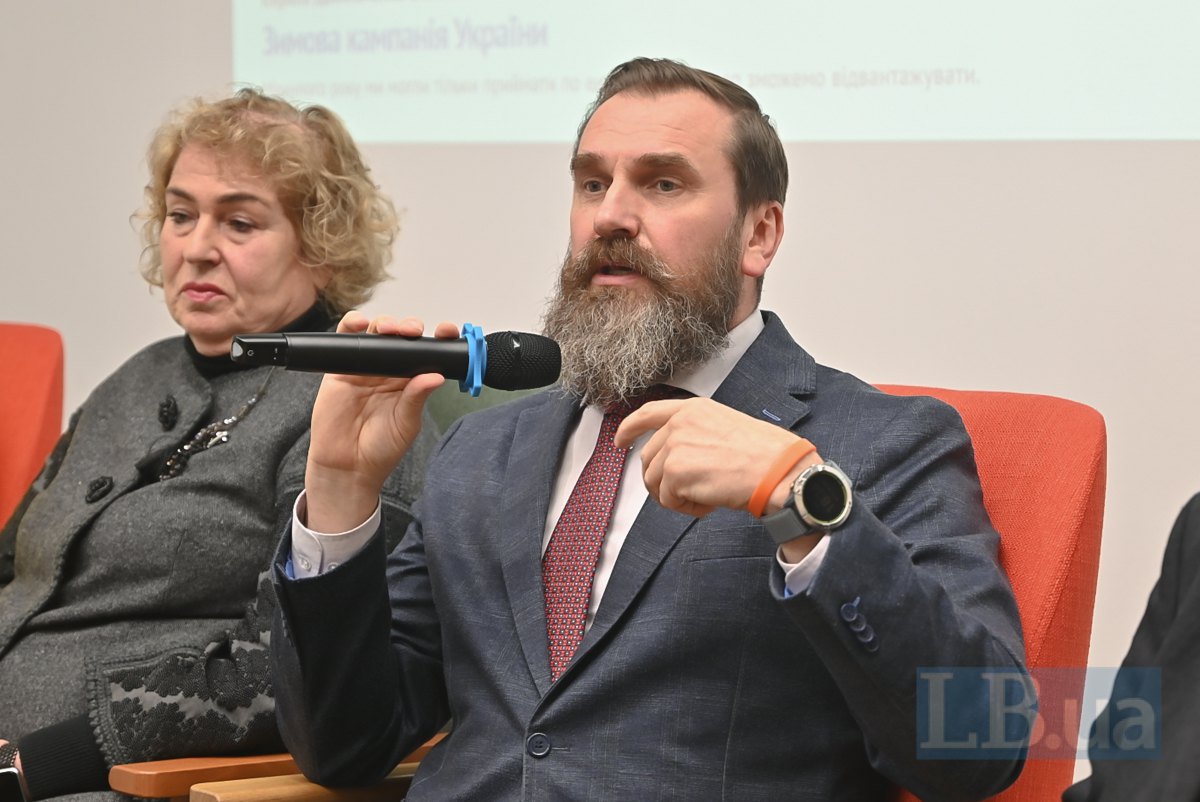
On reforms in education
Educational reform is being implemented amid a serious demographic decline, Oksen Lisovyy reminded us. Although this decline is ongoing, it has been catastrophically exacerbated by the war. And at a time when the country is losing people in various ways, the state must ensure a clear, high-quality and predictable trajectory for personal development and the conditions that guarantee this development. Moreover, this must be done with the most efficient use of limited resources, given the economic situation, where a significant part of the country's budget goes to defence, and expenditures are formed with the support of external sources.
But this reform must be thorough and cover all levels of education — changes in higher education alone will not produce the desired result.
"It won't work. If we don't change anything in general and secondary education, we won't have applicants for the educational programmes that we call special support programmes: engineering, natural sciences, etc., which are needed by the economy, business, the defence sector, and many others, and with which we have a crisis that is not caused by the education system.
It is wrong to think that by widening the gates, we will ensure a flow. Today, no one wants to enter those gates. Why? Because the problem lies in school. Because we are losing interest in the natural sciences, starting with primary school," said the Minister of Education. "What am I talking about? Education is a holistic organism. You are a healthy person if your liver, lungs, musculoskeletal system, and nervous system are all healthy. If one of these things is not working, you are already sick, you are no longer functioning. The same is for education."
Oksen Lisovyy added that the reform of general secondary education is already underway: certain problems are being addressed at the primary school level so that students enter secondary and specialised schools better prepared.
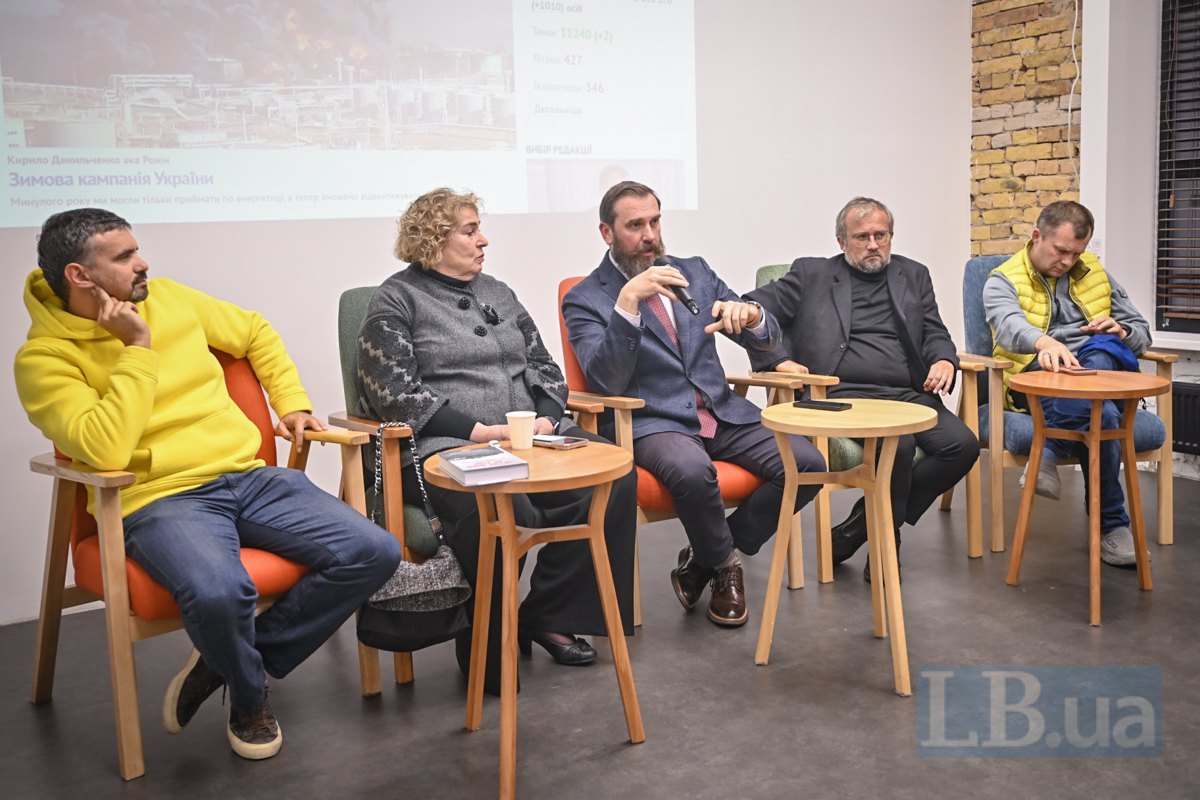
This year, a pilot programme for senior specialised schools was launched in 30 lyceums. It provides for a choice of specialisation — engineering, technology, natural sciences — with a mandatory number of hours that can be supplemented with humanities subjects. Starting next year, 100 schools will join the reform, and from 2027, it will be scaled up to all educational institutions, the minister said.
"We will enter senior specialised education, model it qualitatively, despite all the resistance — we will get a good school, good specialised education, rationalise this division into professional academic and vocational education, which is extremely important for the economy today, which we are also modernising and reforming. And then we come to the moment of choosing where to go, where to get higher education — in Ukraine or abroad. And then there is the issue of human capital loss. Therefore, without reforms in higher education, we will not achieve results, we will not avoid the crises that may await us," the minister also noted.
Another thing that all educators — from professors to kindergarten teachers — must understand is that reform is a constant feature of education; education must change constantly.
"It must be rethought, modernised, new approaches sought, external challenges responded to, and new ones predicted. What is the complexity of the reforms today? We want to change a system that will produce a product for a world that we do not yet understand, cannot see, and are not even able to predict," said the minister.
The changes currently being implemented in higher education, added Oksen Lisovyy, are focused primarily on modernising management, funding mechanisms for education and the network of educational institutions.
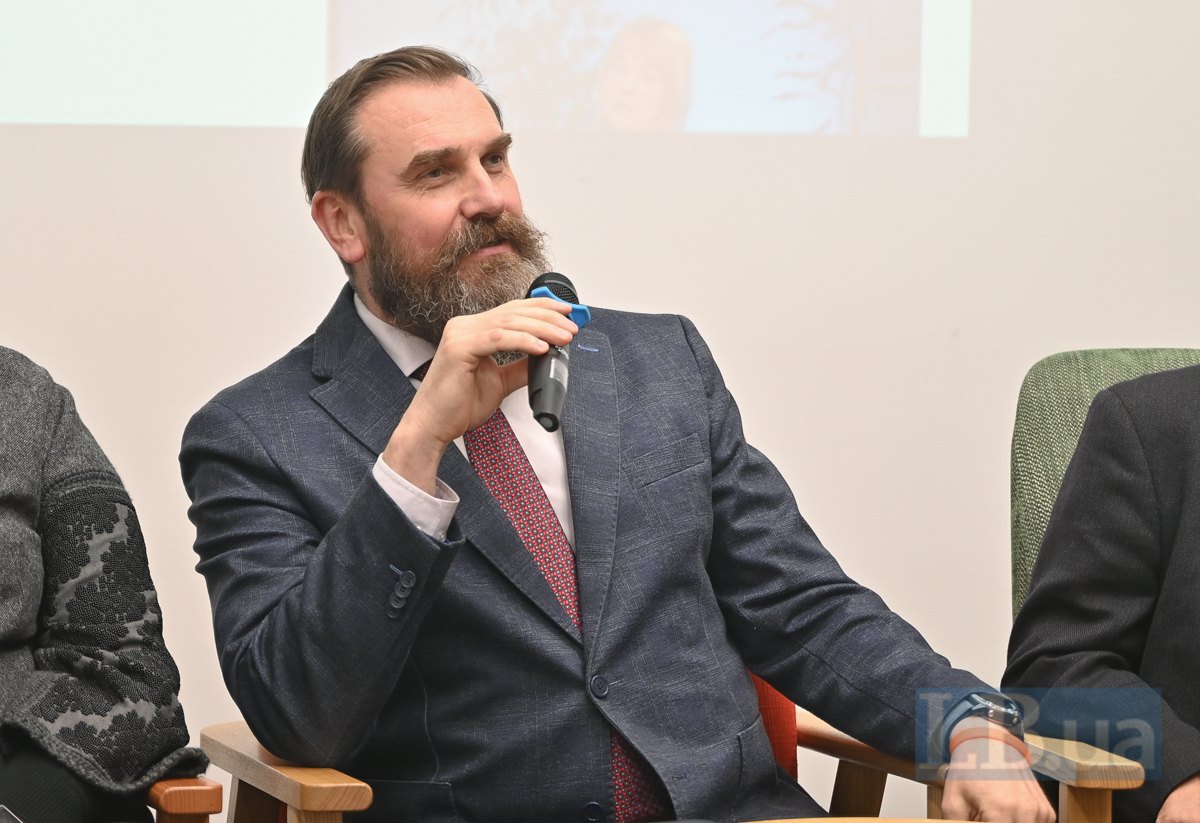
"There used to be strong higher education, Soviet, somewhere post-Soviet continuity remained in it, some equipment. My son is a physicist, he studies on equipment that he calls steampunk. He likes it, there are good teachers, a good school, there is something to modernise, there is something to build a material base around. But there are issues, such as academic management, which also needs to be reviewed, modernised, and certain anomalies that we have accumulated over this period need to be eliminated, such as ‘perpetual’ rectors and other issues that require the elimination of a whole set of various university survival schemes that are not about education. This is what I delicately call corruption," the minister said.
According to him, apart from a few successful cases, in universities, the rector is mostly a "god, and in this authoritarian, vertically integrated model, without the rector, no one will sneeze or do anything."
"Is this about democracy or about reflecting the model in which this education system originated, about reflecting the past? Therefore, democratisation is the programmes that we are developing today with the British Council and a number of our partners. A thousand academic managers are undergoing this training. These are vice-rectors, deans, department heads, young people brought in by rectors who themselves apply for these programmes," said Lisovyy.
According to him, attempts to remove certain anomalies, systemic issues that in various ways "drag down those who strive to rise to the top" often provoke fierce resistance and criticism.
"For example, the issue of indicative cost. This is about price competition. When different universities — from a classical university to the Department of Refrigeration and Air Conditioning — train specialists in international law, but for different prices. Accordingly, by competing on price, they prevent those who do it well from growing," the head of the Ministry of Education and Science outlined the problem.
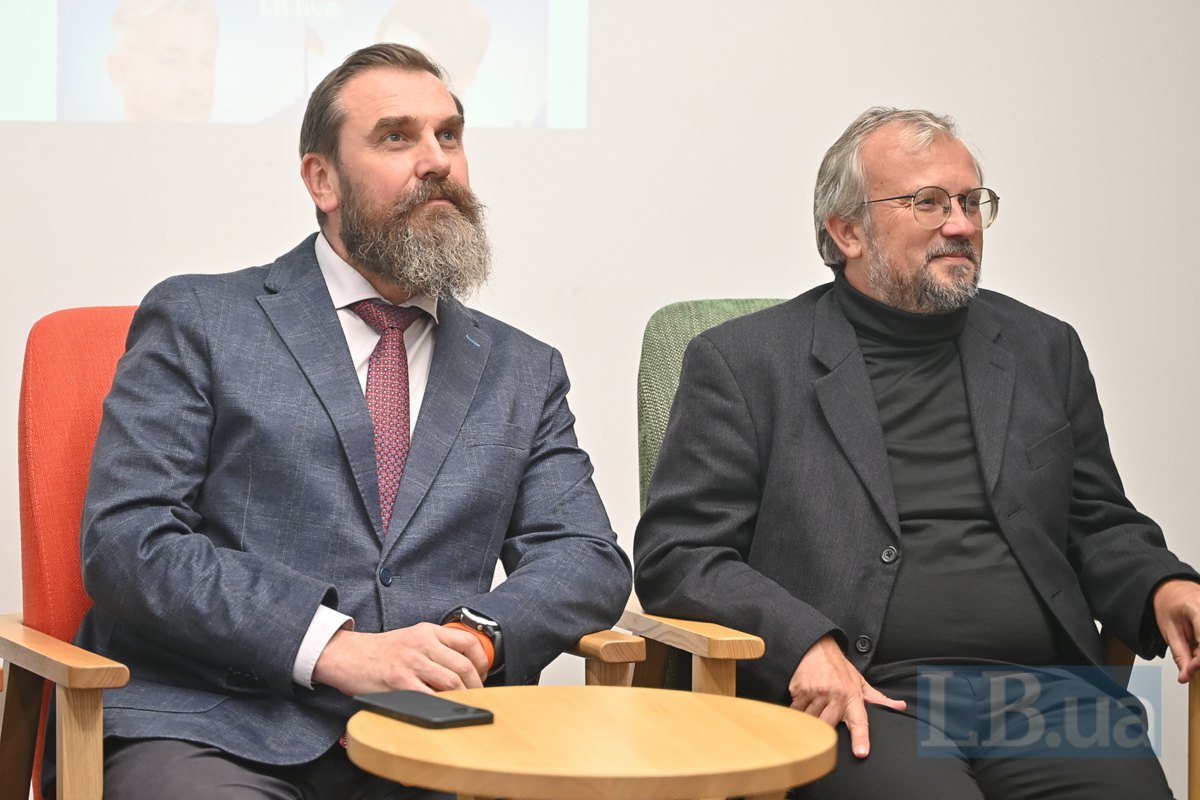
The ministry faces the same resistance when it merges universities.
"Bloated networks that do not correspond to today's and tomorrow's Ukrainian demographics. And this applies not only to the university sphere, but also to the academic sphere. Efficiency in the academic sphere is measured by those who create the research themselves, although this should be done by the market and the scientific community.
And if we all understand that we have an inflated and inefficient network, why do I encounter problems every time I start to merge universities? The weak with the strong. Why am I constantly being torn apart in different places? Why are there protests to preserve the university, but no public discussion about creating one powerful university from three universities in the town? But when we go there, we look like kamikaze pilots who are losing everything," the minister gave an example.
And the third aspect of the reform concerns the mechanics of financing — the monetisation of education funded by the state is being introduced.
"Law 10399, which is now in the final stages of parliamentary consideration, provides for three models of monetisation for talented beneficiaries, as well as partial compensation for those studying on a contract basis, given the increase in costs. The state order is being rationalised, becoming a genuine state order for specialists who will be needed by the market in five years' time," the minister noted.
He also noted that individual educational trajectories are being introduced, which the Ministry of Education and Science's former deputy, Mykhaylo Vynnytskyy, had been working on.
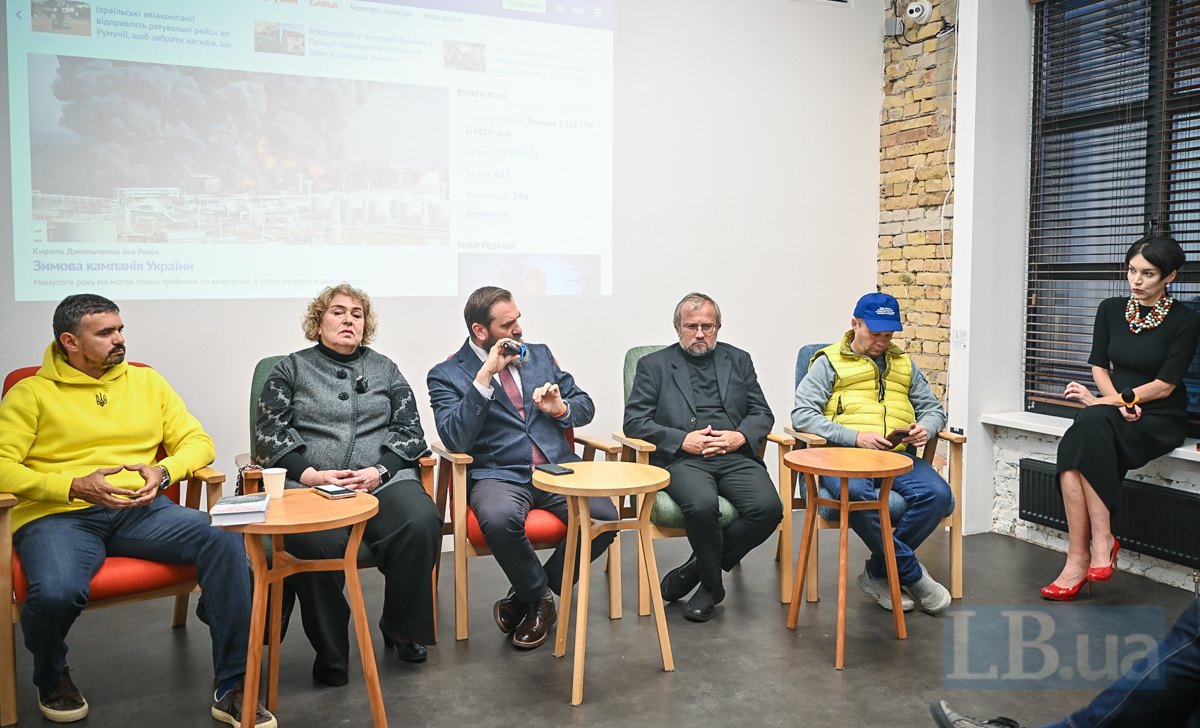
"The law on individual educational trajectories has been adopted. It requires quite extensive work at the ministry level, in subordinate legislation, and at the level of each individual university, which is developing its own programme. In other words, students will enrol in a broad field, then choose their specialisations, and then select their elective courses," said Oksen Lisovyy.
Another aspect is the cooperation between universities, business, and science. Currently, the minister notes, scientific and teaching activities are separated and there is a certain imbalance that needs to be adjusted.
"Now we can invite businesses to an elective course: to read without the burden of science, or worse, fictitious science, which scared businesses away from working in the department because you are a professor or lecturer.
Or to attract a scientist who can come to the university and do science without the burden of teaching hours, teaching, and, again, form their own elective course. Today, the policies we are implementing allow us to do this," said the head of the Ministry of Education.
Education as a way to heal society's mental trauma
Education is not only and not so much about the labour market. It is primarily about shaping a person's worldview, the minister emphasised. And this is the only thing that can eliminate certain mental deformities that have arisen in us as a society that has experienced several profound traumas.
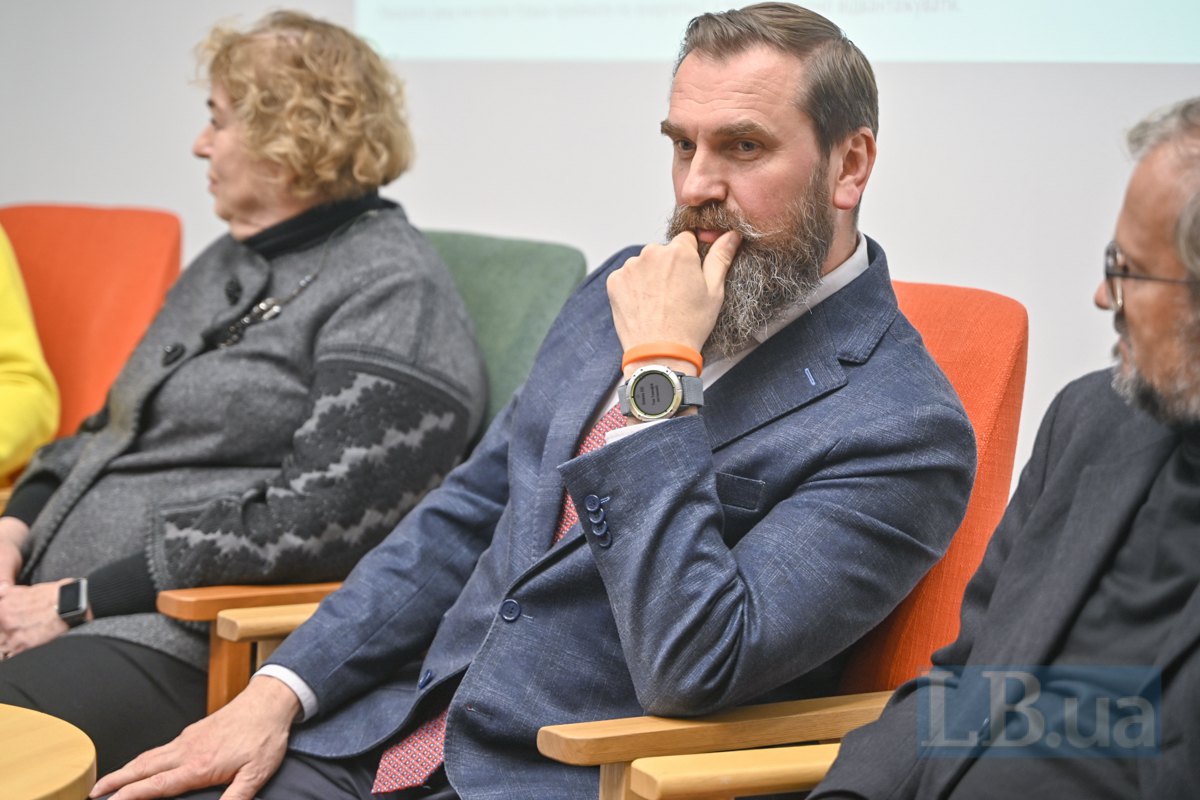
"Shifting responsibility away from themselves and onto the authorities, who had taken away this enterprising people's right to make decisions and their right to freedom, and did so brutally — with waves of repression, the physical extermination of the elites, forcing them into emigration, deportation to Siberia, which imposed certain patterns of behaviour on us, which, unfortunately, are not limited to one generation, but are passed down from generation to generation," said Oksen Lisovyi. "Only education can heal this history and return us to a normal natural state, a high level of responsibility for our lives, which has always been so inherent in Ukrainians that we even constantly tried to somehow shake and destroy our own vertical of power when it was just emerging. That is why leadership is needed in education. This is my personal motivation for coming here from another field."
The university first and foremost provides a worldview based on values, and then tools are added to it: skills, knowledge, other hard and soft things, says Oksen Lisovyy.
"Let's break down what patriotism is. And how it should be formed in school. How can we teach a person to be a patriot? We can't. You can't teach a person to be a patriot. Patriotism is the result of three focused actions by the teacher and the environment in which the person grows up.
The first is the formation of value orientations. The second is the formation of identity, which is mainly formed in the humanities, but can be woven throughout all disciplines, including physics and mathematics. And the third is civic competencies. Where am I? Where are my roots? Where do I want to go? How and with what tools will I achieve my goal?
And when you have formed all this in a child, given them confidence that they can manage their tangible and intangible assets: culture, territory, language; know how they influence the management of this corporation called Ukraine; knows where to go, understands that freedom is an important aspect of their personal effectiveness, that dignity is a very important component of a comfortable life, when no one humiliates me and I, accordingly, do not humiliate anyone, when trust is a very important aspect of interaction between people — these are value orientations.
Then patriotism arises as a consequence of these three vectors," the minister believes, emphasising that it is necessary to support the humanities, not just applied sciences.
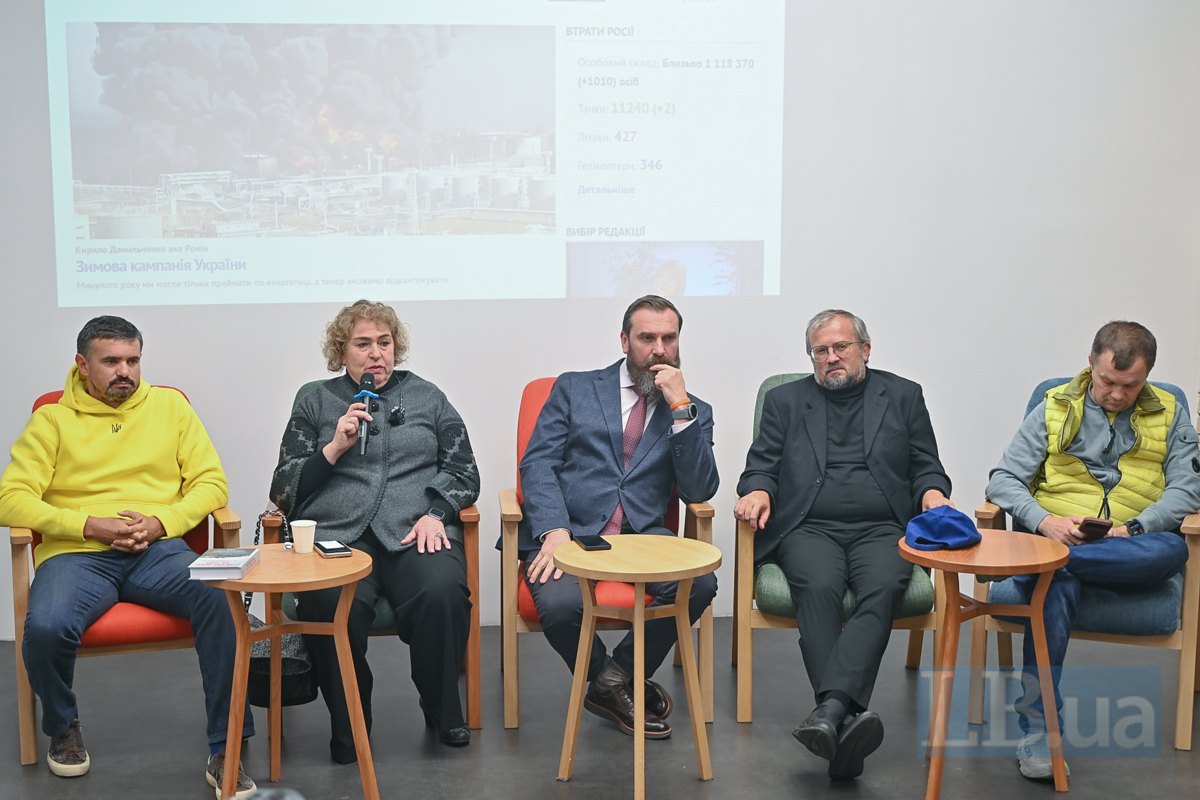
Has the permission for men aged 18–22 to travel abroad affected the number of students?
According to Oksen Lisovyy, the Ministry of Education and Science has not observed an abnormal number of dropouts from universities after the rules for men travelling abroad were relaxed. Young people are leaving, but there is also a trend of returning. The minister is confident that this trend will increase after the 90-day visa-free period for Ukrainians in the EU expires.
"We expect there to be more freedom of entry and exit for young people who are currently stuck abroad, including those who did not make an independent decision to leave before the age of 18. We understand that in grades 10-11, decisions for schoolchildren were made by their parents, guided by completely natural fears for their children.
The children left, finished school abroad, entered universities and now cannot enter (Ukraine — Ed.), because they will not be able to leave again. And that was also a problem because they were stuck there. This decision unlocks that problem. We'll see how this policy works, but I believe that this decision will lead to a certain balance. Some will leave before the age of 20, but some will enter. But this will not lead to significant losses," the minister noted.
According to him, in order to bring Ukrainian students back from abroad, the Ministry of Education and Science has begun to accept the Polish matura (state final exam in Poland — Ed.) for admission to Ukrainian universities instead of the NMT. It is also working on accepting other national testing systems in a similar way.
In addition, they are launching a so-called year-round admission, zero course, or preparatory department, where universities can recruit students without the NMT from abroad, with any educational losses or gaps, prepare them for the opportunity to take a multi-subject test and earn points to enter this institution.
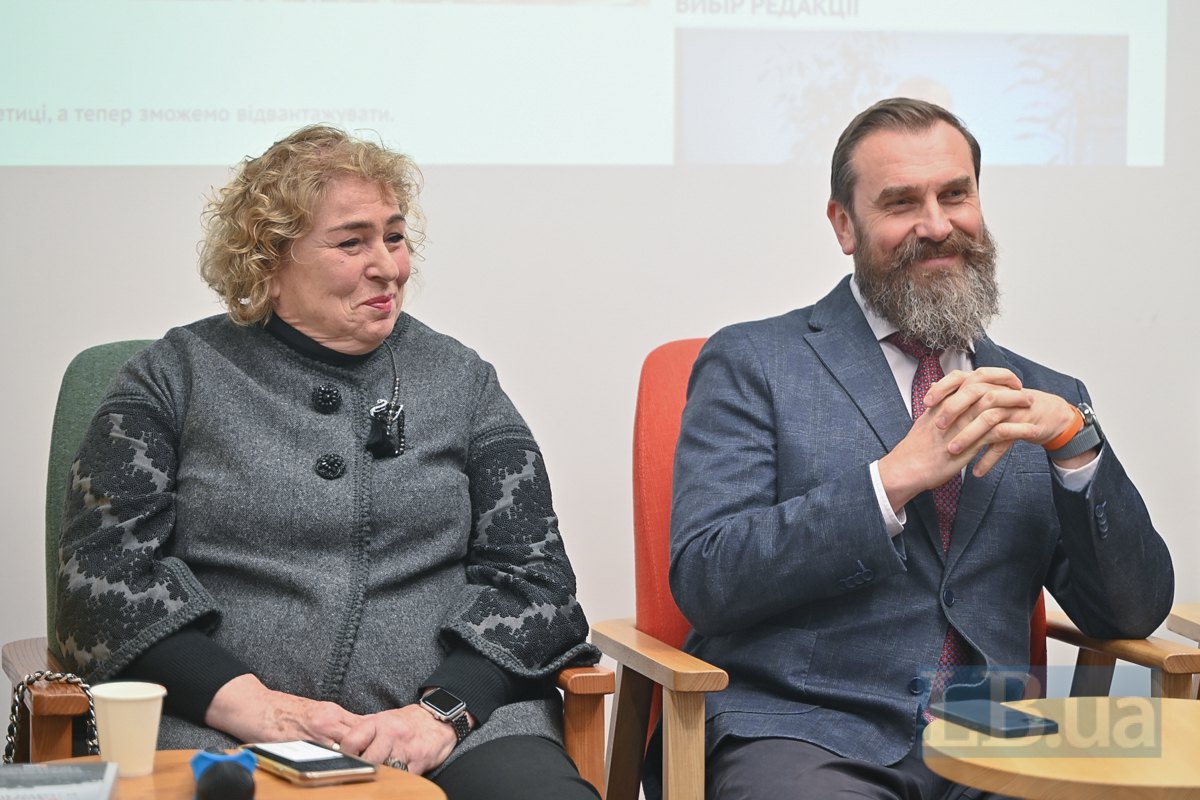
What is changing in academic science
According to Oksen Lisovyy, one cannot demand results from the Academy of Sciences without first investing in it. And there is currently no opportunity to invest. The state allocates 11 billion hryvnias to all scientific academies, the minister emphasises. As a percentage of GDP, this is critically low compared to other countries of the former Soviet bloc. However, at this stage, the Ministry of Education and Science is trying to start by changing the outdated administration system.
"What are we doing? We are dismantling a system that evaluates itself. And the degradation we are talking about was caused, among other things, by the management model. This is because there is no external control factor, no external evaluation criteria.
The tool we have introduced today — state certification — is about who to give money to. We worked on the model for a year and on the state certification itself for another year. We drained you (the academic community — Ed.) of all your blood. And what do we have? We have three billion for next year. And for each subsequent year, for five years until the next certification. Three billion hryvnias. This year, you were given only four million. Let's see what the formula distribution will give next," said the minister.
He calls such funding targeted — "for results and efficiency." This is because the money should be received directly in proportion to the department/laboratory and scientist who produced the results.
"The formula and criteria we use for evaluation have been approved by the Cabinet of Ministers. The expert component is 20%, the rest is criteria, strict things. It is difficult to measure the humanities, social sciences or fundamental natural sciences using these yardsticks. However, there is a hard component: how much grant money has been attracted, how many publications there are and in which quartiles (category of scientific journals — Ed.) — these are quantitative things that cannot be faked. The rules are transparent, and everyone can see what they need to strive for in order to receive more money," explained Lisovyi.
According to the results of the certification, he notes, 43% of institutions received category A and more funds; category B receives additional funds, but less. The third category remains without additional money and must think about how to improve results and avoid liquidation. The fourth category is not certified, with the corresponding consequences.
